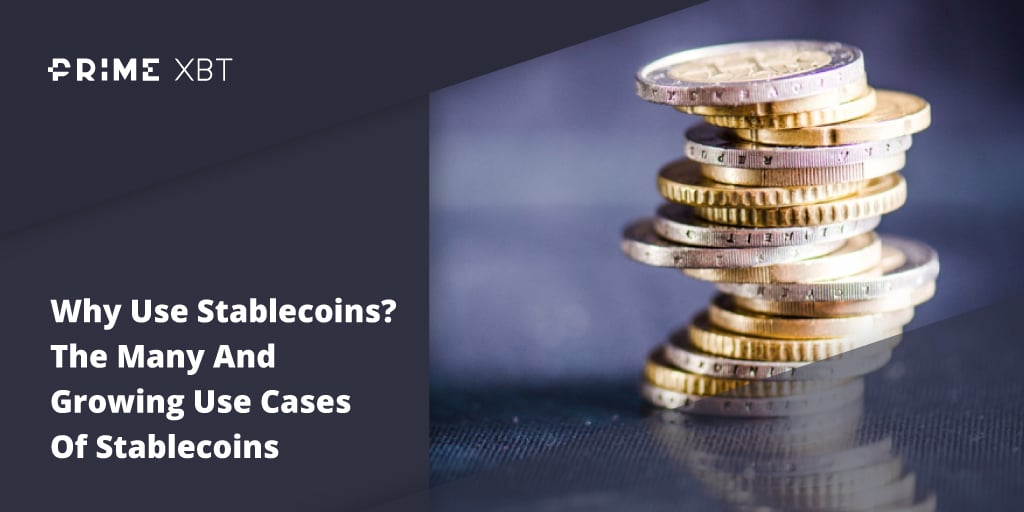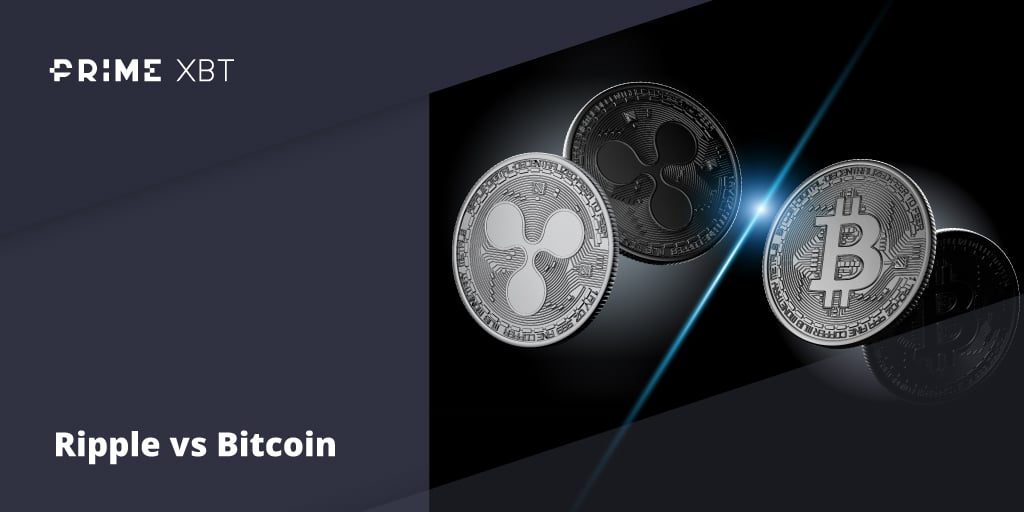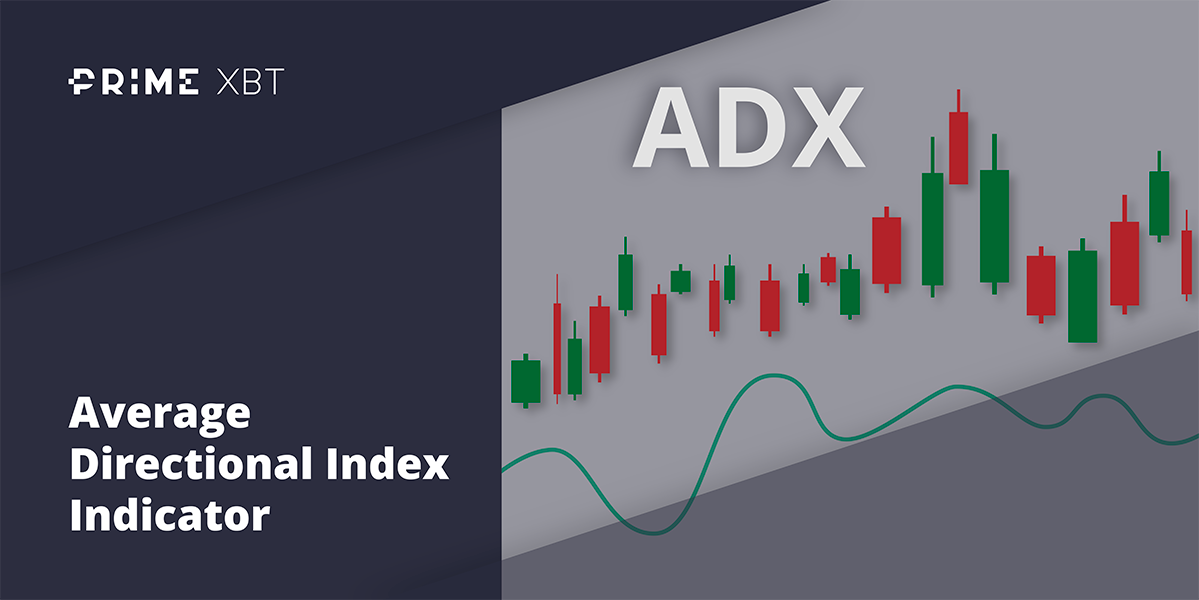News from Hong Kong that it would legalize the trading of cryptocurrencies in the city-state caused prices of China-related tokens to pop significantly higher on Monday, with NEO surging more than 40% in a day after the announcement. Other crypto assets also rose, with the price of BTC finally touching $25,000 even during a time when the US markets were closed for the President’s Day holiday – a traditionally quiet time for the markets.
Hong Kong’s securities regulator, the Securities and Futures Commission (SFC), said that it would allow retail investors to buy big-cap crypto in a boost to the city-state’s ambition to become a global digital-asset hub beginning 1 June 2023.
This move was seen by many as a way to circumvent China’s crypto trading ban, which could potentially bring in a huge influx of Chinese capital into the crypto market through Hong Kong as a gateway. If this really comes true, it could have huge implications for crypto trading activities during Asian hours, which has been dull ever since China’s ban in 2021.
Hong Kong To Allow Retail Buying Pumped Up The Froth
As a result of the news, China-related tokens saw a huge surge in interest and price, with popular names amongst Chinese investors like FIL, CFX, VET, EOS, ICP, all posting magnificent gains early in the week. Coupled with various well-timed announcements by the respective tokens, the surge in China-related tokens pushed crypto sentiment to a high, which invariably gave way to massive profit-taking by the end of the week after BTC failed to breach the $25,000 resistance. The coins that saw new announcements which led to a surge in price included:
FIL, which will have an important upgrade in March. The decentralized storage solutions provider is set to launch its much-anticipated Filecoin Virtual Machine on 23 March, a project that will integrate smart contracts into the network and allow developers to create dApps on top of the Filecoin blockchain. FIL rose 13% before retracing all its gains by the end of the week.
VET, not to be left out in the cold, announced the launch of ‘VeWorld’, the network’s new official self-custody wallet for its 500,000+ users. VeWorld will allow users to have easy access to their assets, create and import wallets, transact securely on dApps, and manage their crypto portfolios. Other upcoming wallet features in the pipeline include native NFT, DEX and bridge integrations. VET climbed around 15% on the news before giving up almost all its gains by the end of the week.
EOS also rallied a whopping 46% as the EOS Network Foundation (ENF) joined the Blockchain Game Alliance (BGA), an organization that aims to promote and encourage the growth of the blockchain gaming industry. ENF’s membership will allow the network to access the latest developments and industry insights to help drive growth in EOS’ gaming ecosystem. EOS is also in the process of developing its EOS EVM which will enable developers to build Ethereum-based applications on EOS. Eventually, EOS too, gave back all its gains made in the week back down to where it started.
The drop in BTC and prices of the China-themed tokens caused the prices of other altcoins to follow suit in a sharp drop on Friday, as slightly more than $150 million in long positions were liquidated.
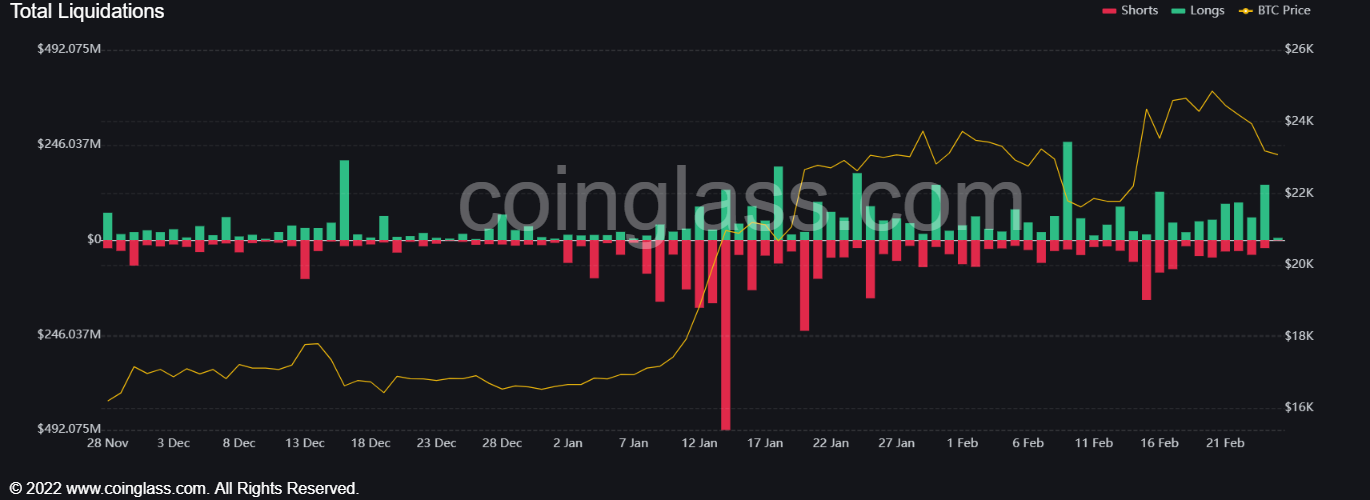
On average, most altcoins lost around 20% for the week, with the China-related names deflating almost all of the gains they had made the week before. However, despite the sharp pull back, most analysts are still bullish on the China-related names and expect prices to recover once the froth has been removed from the market.
A PullBack Was Imminent As Whales Began Selling Tokens
As with any other directional change in price previously, before prices started retreating mid-last week, the tell-tale signs were beginning to show as large outflow of tokens from dormant whale wallets were spotted in several altcoins.
One such example was MANA, which had one of its largest transactions of all time on its network on Monday, with 256.31 million MANA moving out of a known whale address. This move was worth $190.2 million. Shortly after the move, the price of MANA fell by about 12%.
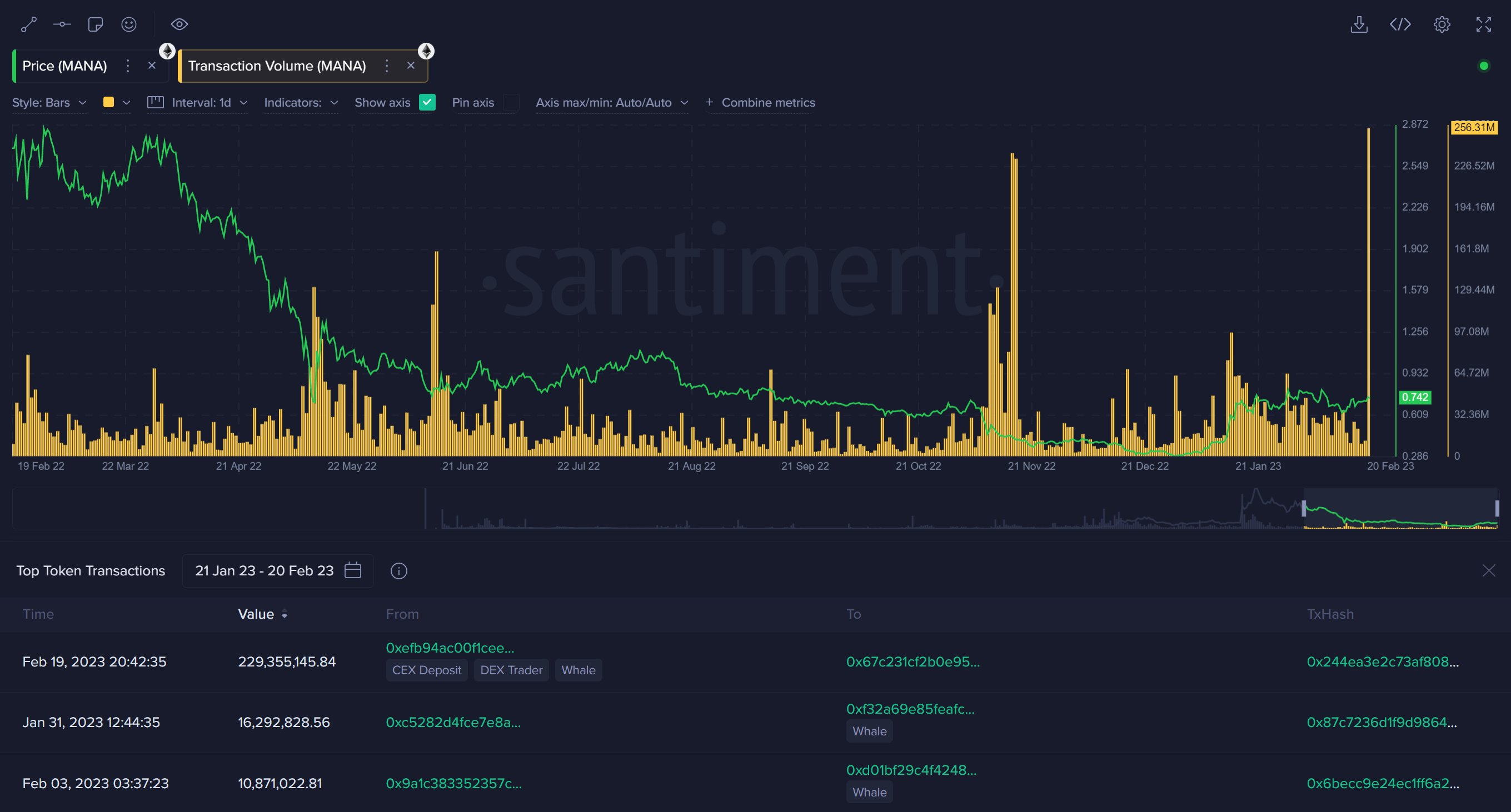
Another token which saw suspicious looking whale transactions was FTM. This was more bearish in that the seller of the tokens was the project itself. The Fantom Foundation wallet, which is the blockchain developers’ wallet, transferred 7.5 million FTM tokens to an exchange on Monday. The last time the Fantom Foundation transferred such a large number of FTM tokens to an exchange for sale was during the LUNA crash in May 2022. The price of FTM subsequently dropped around 15% but the token has still managed to retain much of its gains made in 2023, and analysts are still bullish on the token for the longer term.
Google Becomes Tezos (XTZ) Validator after Solana (SOL)
Other than the Hong Kong news, another interesting development was Google’s cloud computing operator joining Tezos Network as a validator. On Wednesday, Google announced that it will become a validator on the Tezos network.
The integration with Tezos (XTZ) marks Google Cloud’s latest integration with yet another blockchain network, with the company having begun running a node-hosting service for Ethereum (ETH) projects in October, then shortly thereafter becoming a validator on Solana (SOL).
The price of the XTZ token rose almost 20% with the announcement, but gave back all of its gains as with the rest of the market by the end of the week.
Rate of BTC Accumulation Higher Than Last Cycle
In spite of the short-term setback in the price of BTC, in the overall scheme of things, the fundamental picture of BTC has continued to improve.
In the current bear market, the accumulation rate of BTC appears to be higher than during the previous bearish phase in 2018, suggesting that BTC is gaining traction as a valuable asset that investors want to accumulate on a downtrend. This suggests that the public view on BTC as a safe asset is improving.
BTC’s UTXO Age Bands (%) metric, which classifies coins based on how long they are being held for, is showing a marked increase in the number of coins held for more than a year, two years, and three years, in this cycle as compared with the 2018 bear market. This shows that the holding power of buyers in this cycle is much stronger than in 2018, a sign that the thesis of holding BTC as a long-term investment is growing more entrenched.
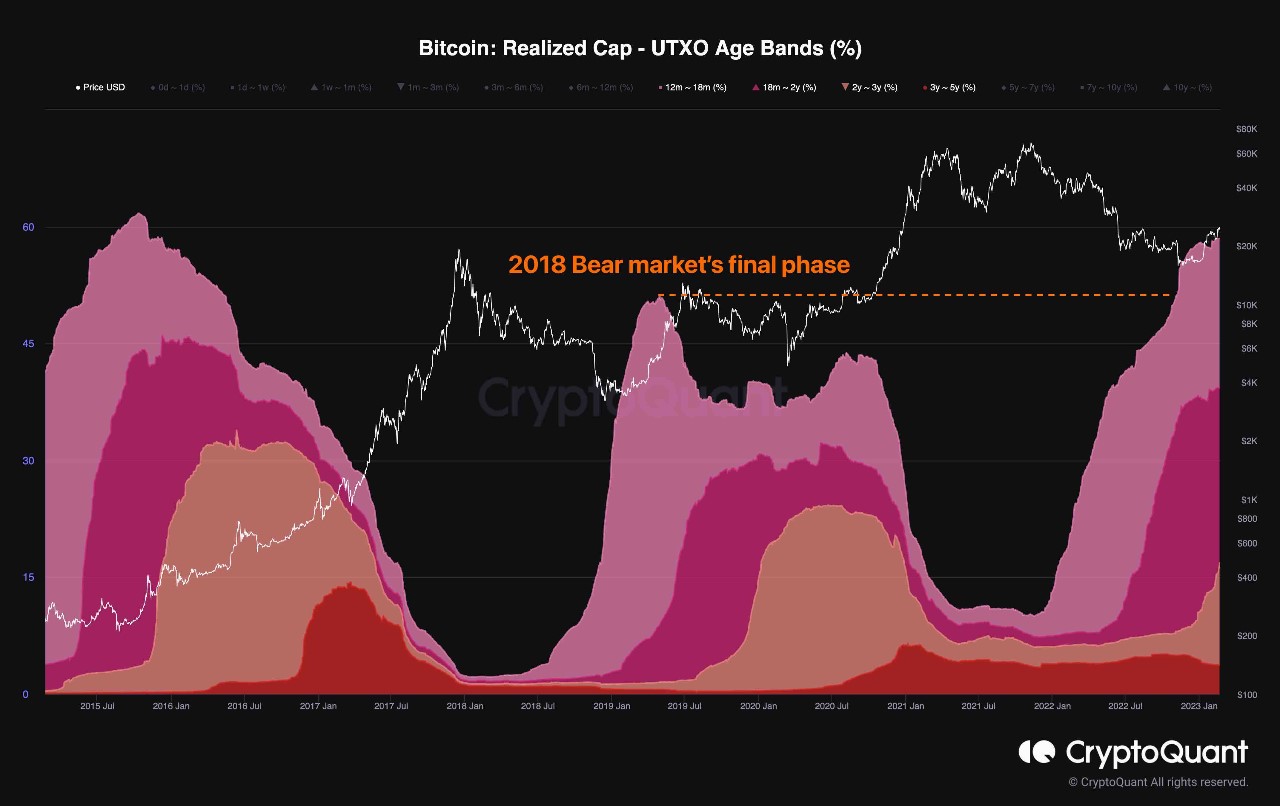
ETH to Enter Next Stage of Upgrade on 28 February
The core developers of the ETH blockchain scheduled the launch of the Shanghai-Capella upgrade on the Sepolia test network for 28 February at epoch 56832.
Commonly referred to as Shapella, the upgrade would enable validators to withdraw their staked Ether (stETH) from the Beacon Chain to the execution layer. Moreover, the upgrade would bring changes to the execution and consensus layers, adding new features, making it a key upgrade following the Merge.
Stakers and non-stakers who operate nodes must, however, upgrade their nodes to the most recent ETH client versions to take advantage of the Sepolia upgrade. After deploying Shapella on the Sepolia testnet, developers will move to the Goerli testnet for the final phase of dress rehearsal ahead of the mainnet launch — expected to happen in March.
SOL Network Stumbled Yet Again
The Solana network’s jinx of last year struck again over the weekend, with the blockchain slowing to a halt after a suspected bug in a new code that went live hours before had caused the network to fork. Validators have tried to downgrade to the previous version but still could not get the problem resolved. As a result, developers have had to call for a restart of the blockchain and the chain is back live. The price of SOL did not seem badly affected by the latest problem, as the token merely drifted lower with the rest of the market on quiet trading.
Traditional Markets
In traditional markets, US stocks closed the week lower after the Fed’s favourite inflation gauge, the PCE index, came in hotter than expected. This caused investors to dump stocks and buy the dollar as inflation climbing again could cause the Fed to be more aggressive in its rate hike cycle than previously anticipated.
This caused the US major averages to end the week with their biggest losses in 2023. The S&P lost 2.7%, the Dow fell almost 3%, while the Nasdaq closed 3.3% lower, with all three indices on track to close the month of February on a negative note.
The dollar index rose by 1.23% to climb above 105, sending precious metals correspondingly lower. Gold lost 1.57% and Silver lost 3.9%. Oil lost around 0.3%.
This week, investors will be watching out for data releases like the Manufacturing and Services PMI as well as consumer confidence for more details about whether the US economy is slowing down more than expected to determine the direction of the markets.
